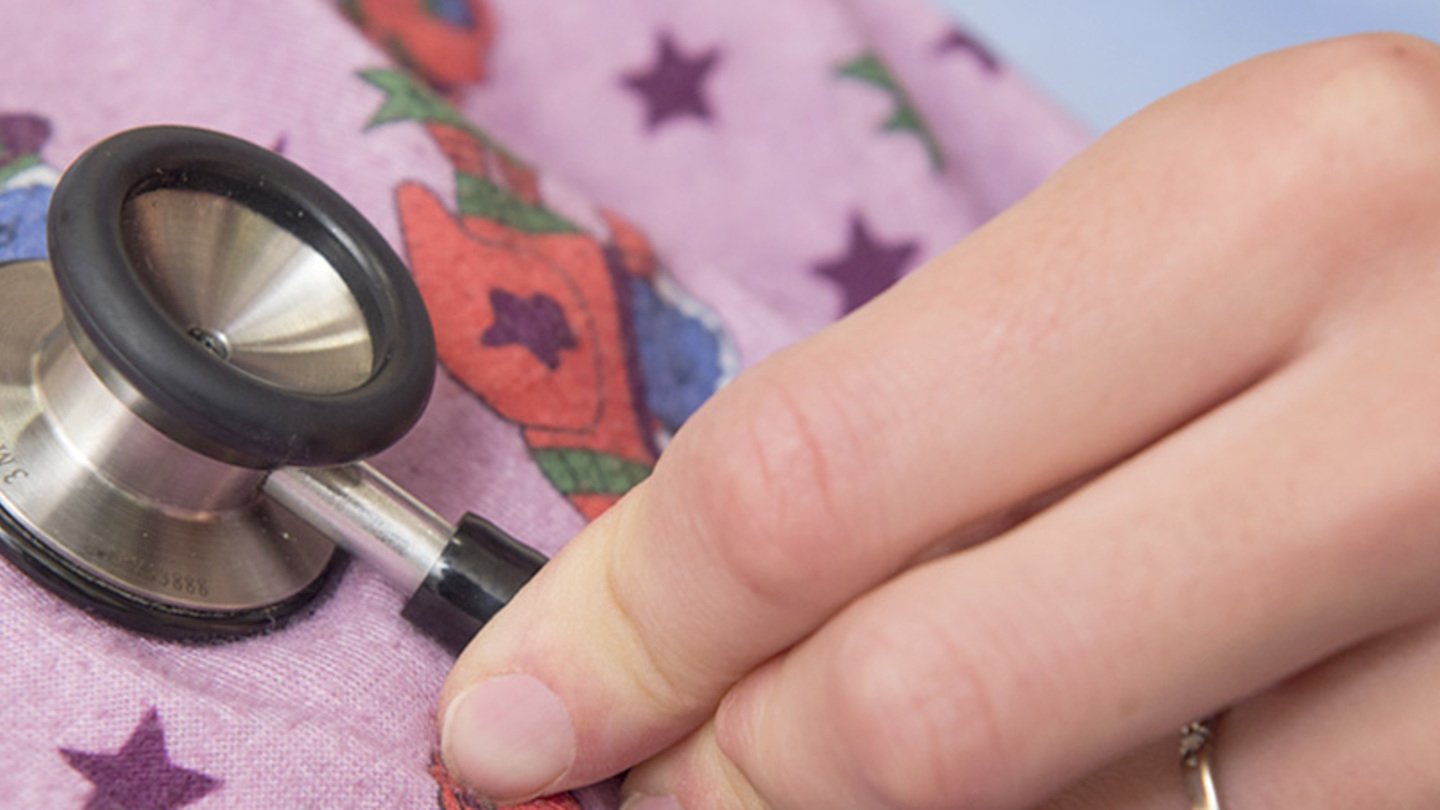- Doctors & Departments
-
Conditions & Advice
- Overview
- Conditions and Symptoms
- ¿Está enfermo su hijo?
- Parent Resources
- The Connection Journey
- Calma Un Bebé Que Llora
- Sports Articles
- Dosage Tables
- Baby Guide
-
Your Visit
- Overview
- Prepare for Your Visit
- Your Overnight Stay
- Send a Cheer Card
- Family and Patient Resources
- Patient Cost Estimate
- Insurance and Financial Resources
- Online Bill Pay
- Medical Records
- Política y procedimientos en el hospital
- Preguntamos Porque Nos Importa
-
Community
- Overview
- Addressing the Youth Mental Health Crisis
- Calendar of Events
- Child Health Advocacy
- Community Health
- Community Partners
- Corporate Relations
- Global Health
- Patient Advocacy
- Patient Stories
- Pediatric Affiliations
- Support Children’s Colorado
- Specialty Outreach Clinics
Your Support Matters
Upcoming Events
Colorado Hospitals Substance Exposed Newborn Quality Improvement Collaborative CHoSEN Conference (Hybrid)
lunes, 29 de abril de 2024The CHoSEN Collaborative is an effort to increase consistency in...
-
Research & Innovation
- Overview
- Pediatric Clinical Trials
- Q: Pediatric Health Advances
- Discoveries and Milestones
- Training and Internships
- Academic Affiliation
- Investigator Resources
- Funding Opportunities
- Center For Innovation
- Support Our Research
- Research Areas

It starts with a Q:
For the latest cutting-edge research, innovative collaborations and remarkable discoveries in child health, read stories from across all our areas of study in Q: Advances and Answers in Pediatric Health.



In collaboration with Children’s National, Children’s Hospital Colorado is excited to provide parents and physicians with resources and information about the Critical Congenital Heart Disease Screening Program and pediatric pulse oximetry. The vision for this program is for all infants with critical congenital heart disease to be detected before leaving the nursery.
What is critical congenital heart disease?
Congenital heart disease (CHD) is the most common birth defect. Infants with CHD have an abnormal heart structure, which creates an abnormal blood flow pattern. Approximately eight out of every 1,000 infants are born with a form of CHD. Some forms of CHD cause no or very few problems in the health, growth and development of the infant.
Critical CHD (also called CCHD) includes more serious forms of CHD and usually requires intervention in the first year of life. Infants with critical CHD have a higher risk of morbidity and mortality if not diagnosed soon after birth. Failing to detect critical CHD while in the newborn nursery may lead to critical events, such as cardiogenic shock (low blood flow from the heart to the organs) or death. Survivors who present late are at greater risk for neurologic (brain) injury and subsequent developmental delays.
What is pediatric pulse oximetry?
Pulse oximetry, or “pulse ox,” is a simple, non-invasive and painless test that measures the percent of oxygen saturation of hemoglobin in the arterial blood and the pulse rate. Pulse ox was invented in the 1970s and is now widely used and accepted in clinical care; it is often thought to be a basic vital sign.
Why is pediatric pulse oximetry used to screen for critical CHD?
Pulse ox can help identify infants with critical CHD that have low levels of oxygen in their blood. Pulse ox helps diagnose critical CHD before an infant becomes sick. Pulse ox will not detect all forms of CHD and CCHD.
Who should be screened?
All infants should be screened for critical congenital heart disease.
When is critical congenital heart disease screening performed?
Screening is performed before discharge from the nursery, after the infant turns 24 hours of age. If the infant is born prematurely, screening should be performed when medically appropriate. If early discharge is planned, screening should occur as close to 24 hours of age as possible.
Where is critical congenital heart disease screening performed?
Critical CHD screening is performed while the infant is in the nursery, before he or she goes home. The pulse ox test is performed on the right hand and one foot.
Specific conditions screened
- Congenital heart disease
- Critical congenital heart disease
Services offered at Children’s Colorado
Learn more about your visit to the Heart Institute.

Compassionate care, wherever you are
We’re here when you need us. Telehealth appointments are available across every specialty, so you can get the high-quality care we’ve always offered from the comfort, privacy and convenience of home.
See if telehealth is right for you

Looking for a second opinion?
From heart conditions present at birth to adult congenital heart disease to heart conditions requiring surgery, our pediatric heart experts can provide a second opinion so you feel confident in your care plan.



 720-777-0123
720-777-0123




 We are one of the largest programs in the country treating patients with heart problems from before birth through adulthood, with exceptional outcomes.
We are one of the largest programs in the country treating patients with heart problems from before birth through adulthood, with exceptional outcomes.